Frequency Dependence of Dielectric Constant
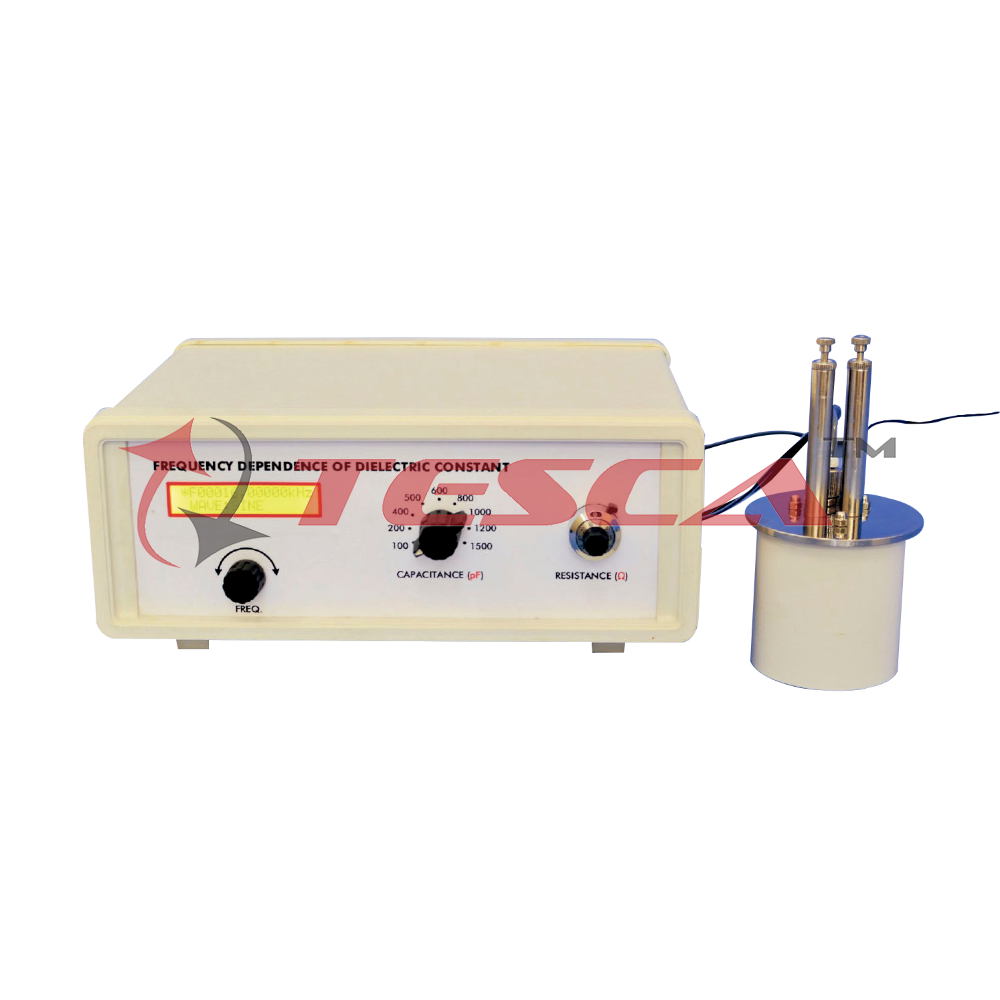
Order Code: 55525A
Category: Physics Trainers
Introduction Barium Titanate, BaTiO3 , is a well known and widely investigated dielectric material. It is mainly used in capacitors due to its high dielectric constant. The dielectric properties of BaTiO are controlled by purity and microstructure...
SPECIFICATION
Introduction
Barium Titanate, BaTiO3 , is a well known and widely investigated dielectric material. It is mainly used in capacitors due to its high dielectric constant. The dielectric properties of BaTiO are controlled by purity and microstructure which are dependent on the methods of preparation. The ability of the dielectric material to store energy is attributed to the polarization which can result in an increase in capacitance. It is well known that dielectric properties of every solid are very sensitive to the local electric field distribution in the sample. The temperature and frequency dependence of dielectric constant and loss can therefore give useful information about structure changes, transport mechanism and defect behaviour of a solid.
The present experiment is designed to study the variation of capacitance and dielectric losses as a function of frequency and hence compute the change in dielectric constant, and loss factor, tan with frequency. While the behaviour of Barium Titanate is distinctly frequency dependent, the performance of a standard multi layer ceramic capacitor (MLCC) and conventional ceramic capacitors are not as prominent. A comparison of these three therefore is an interesting part of the study.
In addition, an optional experiment to study the variation of dielectric constant with temperature at different frequencies is also possible with the help of our PID controlled oven.
Features
- Capacitance measurement from 1-50 kHz
- Dedicated Schering Bridge with built-in oscillator
- Computation of dielectric constant and loss factor
- Samples of Barium Titanate, MLCC and conventional capacitor
- Temperature variation studies with additional equipment oven and controller (optional)
- Essential accessory a CRO, for all the experiments
Experiments
- Study of dielectric constant variation with frequency of a Barium Titanate sample
- Study of loss factor with frequency of a Barium Titanate sample
- Study of capacitance variation with frequency of an MLCC capacitor
- Study of capacitance variation with frequency of a conventional ceramic cap.
Optional Experiment (Using an additional)
Study of Dielectric Constant of Barium Titanate as a function of temperature (curie point experiment) and its variation with frequency

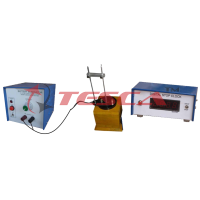

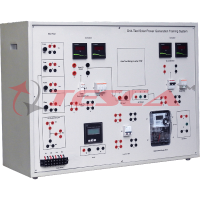
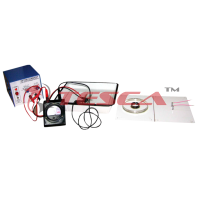



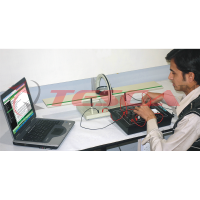
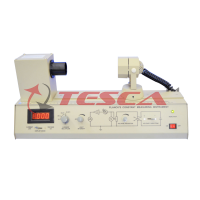

 91-9829132777
91-9829132777